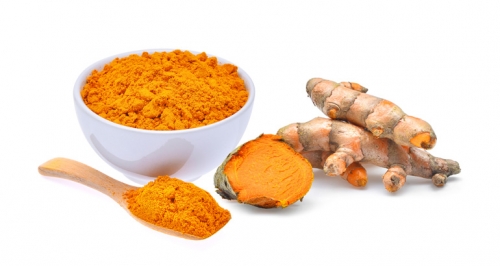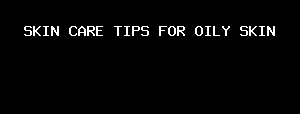profile/2681IMG_20200621_131300_882.jpg
Blessingstones

HEALTH AND SKIN BENEFITS OF TUMERIC
~0.4 mins read
Health Benefits Of Tumeric:
1. Serves as a natural anti-inflammatory compound.
2. Used as remedy for arthritis/joints problems.
3. Antioxidant effect.
4. Contains anti-aging properties.
5. Reduces heart disease.
6. Improves the brain function.
7. It prevents cancer.
8. It prevents and treat Alzheimer's disease.
Benefits Of Tumeric On The Skin When Applied As Mask(Mixed With Honey)
1.cures dermatitis.
2. Helps in healing wounds.
3. Anti-aging effect.
4. It lightens up the skin.
5. It lightens acne scars.
6. It cures acne.
7. It reduces wrinkles.
profile/2681IMG_20200621_131300_882.jpg
Blessingstones

SKIN CARE TIPS FOR OILY SKIN
~3.4 mins read
Oily skin is one of the most common skin concerns. It presents some unique challenges, like a shiny complexion and acne breakouts.
The good news? With the right skin care routine and products, these issues can be less of a problem.
To help take the guesswork out of how to care for an oily complexion, we turned to a couple of skin care experts. We specifically asked them to share their top tips for developing a daily skin care routine for oily skin.
The result: a simple four-step routine you can use in the morning and evening to keep your skin healthy, clear, and shine-free.
Step 1: Cleanse in the a.m. and p.m.
The most important step of any skin care routine is cleansing your skin.
“And if your skin tends to be oily, you can likely tolerate more cleansing,†says Dr. Sandra Lee, aka Dr. Pimple Popper, founder of SLMD Skincare.
“Though most people should be washing their face morning and night, it’s especially important for those with oily skin to give their face a complete cleanse in the morning,†Lee says.
Even though you might feel like your skin is still clean from the night before, Lee says that during the night your skin is busy shedding skin cells and producing oils.
That’s why washing with a good exfoliating cleanser, both in the morning and evening, is recommended.
She likes to use a cleanser or wash with salicylic acid.
“This is going to really help clear away excess oil and dead skin to prevent buildup in the pores,†Lee adds.
Step 2: Use a toner
Once your skin is clean and free from any makeup, dirt, and oil, Lee suggests you follow with an exfoliating toner that contains either:
Step 3: Treat your skin
This step will depend on your specific skin concerns. But in general, if you’re prone to acne, Lee says you should be using benzoyl peroxide or sulfur in the daytime to help curb oil production and prevent breakouts.
In the evening, Lee recommends a retinol product to help keep pores clear and skin glowing.
Some of her favorite treatment products from her skin care line include BP Lotion, Sulfur Lotion, and Retinol Serum.
Other popular over-the-counter retinol products include Roc Retinol Correxion Night Cream, CeraVe Resurfacing Retinol Serum, and Paula’s Choice 1% Retinol Booster.
One quick note for people with oily skin: Lee likes to remind people with oily skin that they’re actually lucky.
“If you have more oils in your skin, you’re likely to ward off wrinkles and fine lines for a bit longer than someone with dry skin,†she says.
Recommended products
Step 4: Moisturize in the a.m. and p.m.
Moisturizing is a very important step if you have oily skin.
“There is some belief that if you have oily skin, you don’t need to or shouldn’t moisturize,†Lee says. But this couldn’t be further from the truth.
“All skin types need moisturizer, but if you have oily skin, you should be more careful with what kind of moisturizer you’re using,†Lee says.
Her recommendation? Look for a moisturizer that’s:
Any moisturizer that’s formulated for acne-prone skin should meet these criteria.
Advertisement

Link socials
Matches
Loading...
